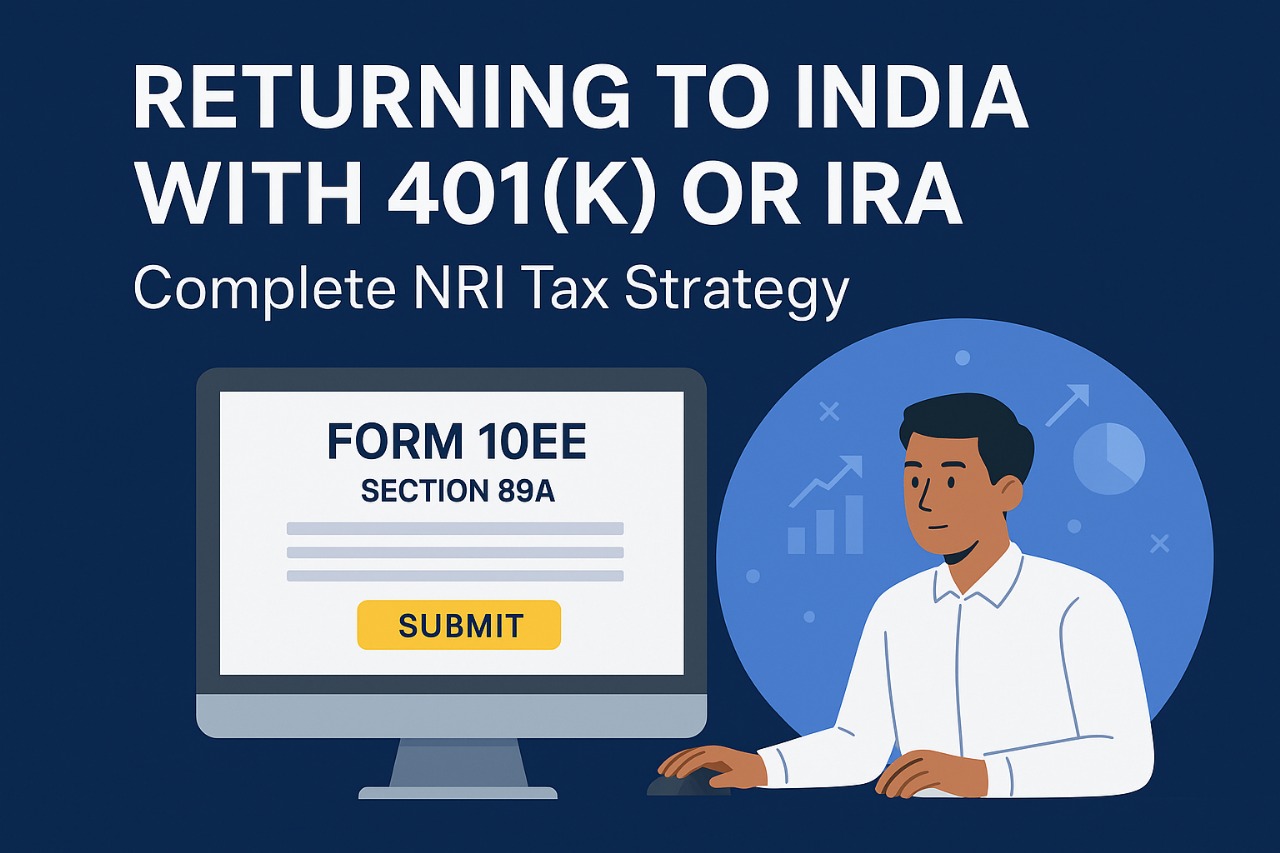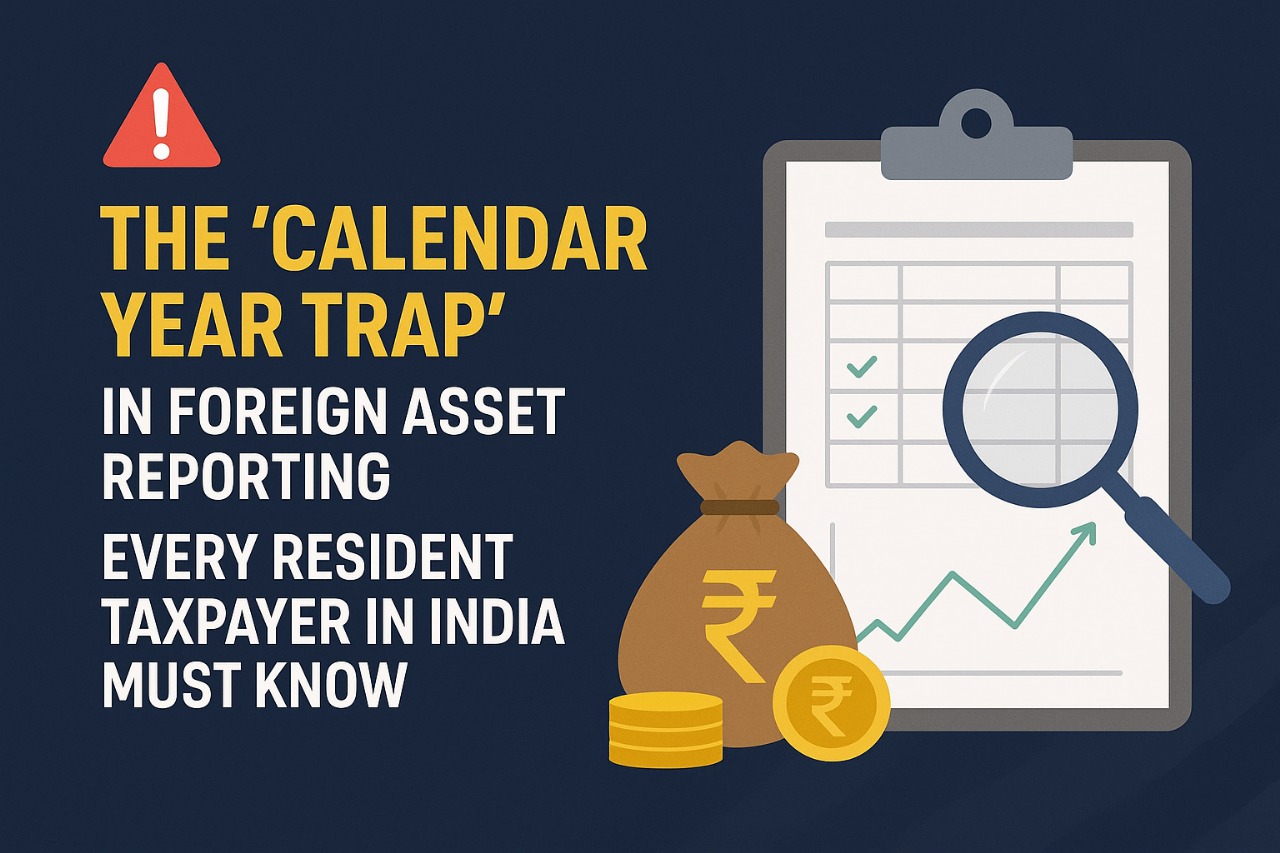 WhatsApp
WhatsApp
 Call Us
Call Us
 Email Us
Email Us
 Whatsapp Community
Whatsapp Community

Are you an NRI planning to return to India and wondering how the latest tax laws affect your cryptocurrency holdings? Budget 2025 has brought clarity on the taxation of Virtual Digital Assets (VDAs), including Bitcoin (BTC), Ethereum (ETH), and other cryptocurrencies. In this guide, we break down everything returning NRIs need to know about crypto taxes in India post-Budget 2025.
The Indian government continues to tax cryptocurrency transactions at a flat 30% rate, along with applicable surcharge and cess. This tax applies to gains from selling or transferring any Virtual Digital Asset (VDA).
Additionally, 1% TDS (Tax Deducted at Source) continues to apply under Section 194S:
A key amendment introduced in Budget 2025 is the classification of undisclosed VDAs under Section 158B. If authorities discover unreported crypto holdings during searches, they can tax them at a steep 60% rate, with no deductions or exemptions. This provision applies retrospectively from February 1, 2025.
NRIs must report crypto income in Schedule VDA of their ITR-2 or ITR-3. It is not permissible to report crypto gains under ITR-1. The following details must be disclosed:
Failure to report VDA income can result in penalties and penal interest for underreporting.
The CBDT (Central Board of Direct Taxes) has provided relief to taxpayers who failed to file Form 26QE on time for TDS payments, including TDS on sale of property, between July 1, 2022 – February 28, 2023. If TDS was deducted but not deposited due to form unavailability, penalties under Section 234E and interest under Section 201(1A)(ii) will be waived if taxpayers filed by May 30, 2023.
1. How are crypto assets taxed for NRIs in India?
Crypto assets are taxed at a flat 30% rate on gains, with an additional 1% TDS deduction on transactions exceeding ₹10,000 (salaried) or ₹50,000 (business transactions).
2. Can I offset my crypto losses against other income?
No, losses from cryptocurrency transactions cannot be set off against gains from other sources.
3. What happens if I don’t report my crypto holdings?
Unreported crypto holdings discovered during tax audits or searches may be taxed at 60% under Section 158B, with no deductions or exemptions.
4. Do I need to file a specific ITR for crypto gains?
Yes, NRIs must use ITR-2 or ITR-3, as ITR-1 does not support reporting of Virtual Digital Assets (VDAs).
5. How can I minimize my crypto tax liability in India?
You can consult a tax expert to explore legal ways to manage your tax burden, such as strategic sale timing and ensuring compliance with reporting requirements.
With strict tax compliance and new penalties on undisclosed income, NRIs planning to return to India should reassess their crypto investment strategies. Consulting a tax expert can help you navigate compliance while minimizing tax liabilities.
📌 Need expert guidance on crypto taxation and NRI tax planning? Contact Dinesh Aarjav & Associates today to ensure tax compliance while optimizing your financial strategy!







Stay in the loop, subscribe to our newsletter and unlock a world of exclusive updates, insights, and offers delivered straight to your inbox.